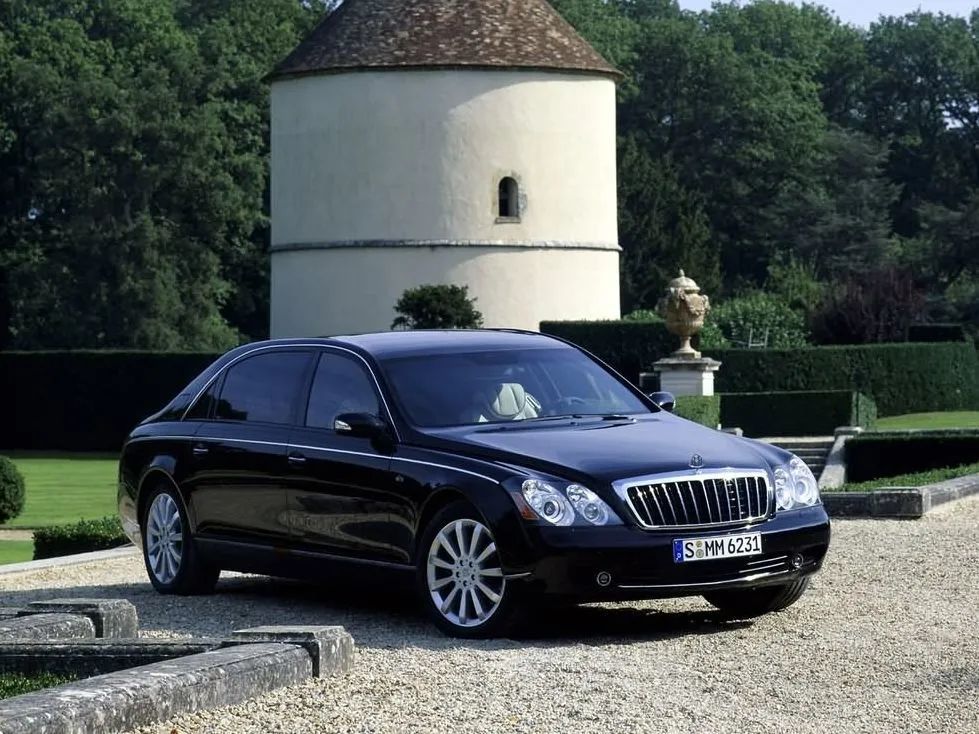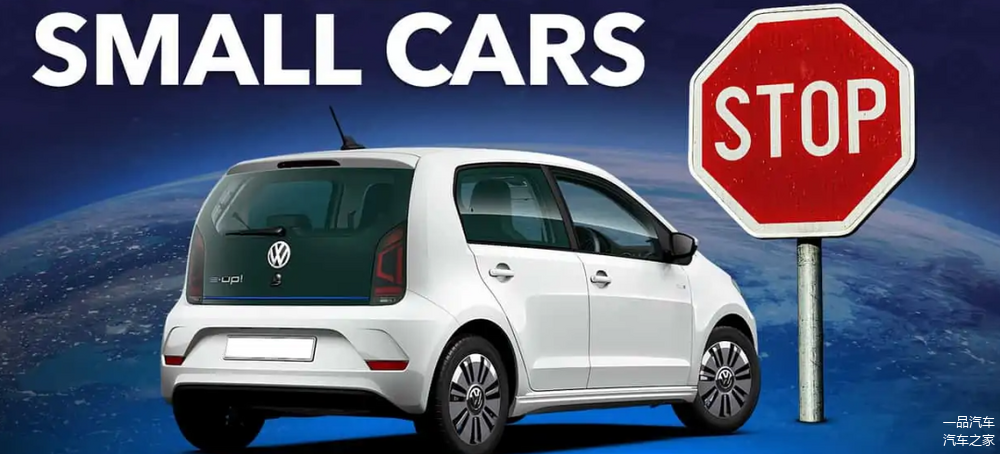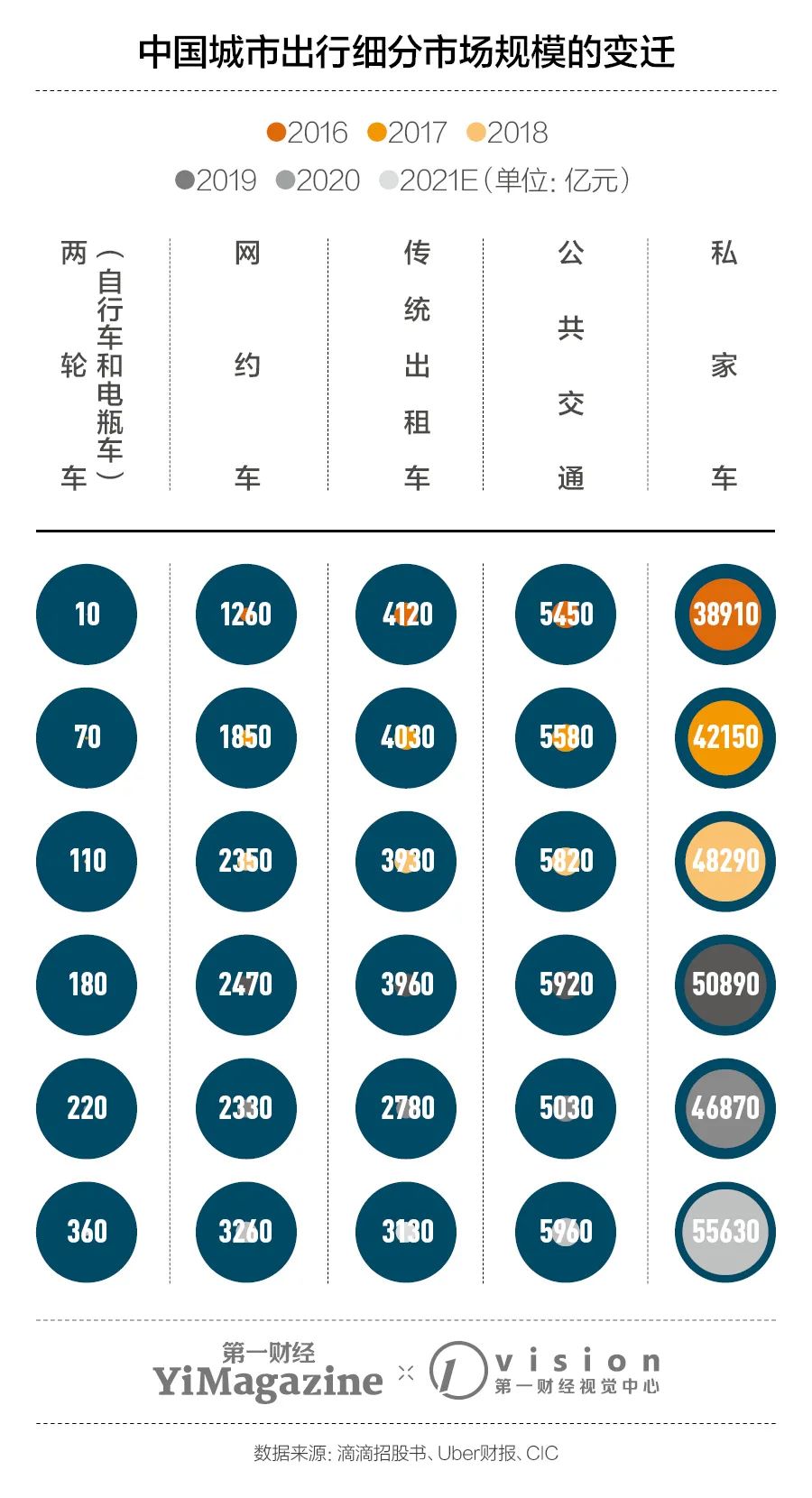Title: The Rise of Chinas Renowned Automotive Brands
In recent years, China's renowned automotive brands have seen a remarkable rise in popularity and market share. This can be attributed to several factors, including the government's support for the industry through tax incentives, increased investment in research and development, and a growing middle class with more disposable income to spend on luxury cars.One of the leading Chinese automotive brands is Geely, which was once known as the "Apple of China" due to its high-end technology and design. Geely has successfully diversified its product portfolio by entering into partnerships with global automakers such as Volvo and Daimler AG. Another notable Chinese brand is NIO, which has gained attention for its electric vehicles and innovative battery technologies.The rise of China's automotive brands has also had an impact on global markets. Many traditional car manufacturers have struggled to compete with these local players, prompting them to adapt their strategies or risk becoming irrelevant. Additionally, Chinese brands are now exploring new markets beyond China, such as Europe and North America, further expanding their reach.As China continues to develop its automotive industry, it will be interesting to see how these brands continue to innovate and differentiate themselves in a highly competitive market. With government support and growing consumer demand, there is no doubt that China's renowned automotive brands have a bright future ahead.
As the world's largest automobile market, China has been at the forefront of the automotive industry for decades. Over the years, several Chinese brands have emerged as leading players in the global automotive sector, showcasing the country's prowess in manufacturing and innovation. In this article, we will discuss some of the most prominent and successful Chinese automotive brands, their growth trajectory, and their contributions to the world of automotive technology.
1. Geely (吉利汽车)
Geely is one of the largest automotive brands in China, and its parent company, Zhejiang Geely Holding Group, was founded in 1997. Geely's journey to becoming a global brand began in 2003 when it acquired Volvo Cars, a Swedish multinational manufacturer of premium cars and trucks. Under Geely's ownership, Volvo Cars became more affordable and appealing to Chinese consumers, boosting Geely's brand recognition and reputation. In 2010, Geely acquired British luxury car brand Bentley Motors, further expanding its global reach. Today, Geely produces a wide range of cars under its own brands, including Lifan, Brilliance Auto, and BYD Auto.

2. SAIC Motor (上汽集团)
SAIC Motor is another major player in China's automotive industry. Founded in 1945, SAIC has diversified into various sectors, including automotive manufacturing, financial services, and real estate. In 2001, SAIC acquired a controlling stake in Shanghai Automotive Industry Corporation (SAIC), which was later renamed SAIC Motor. SAIC Motor manufactures a range of domestically produced vehicles under its own brands, such as Maxus, Roewe, and Fuxiang. Additionally, SAIC has also developed partnerships with global automakers to expand its product offerings.
3. FAW-Volkswagen (一汽大众)

FAW-Volkswagen is an alliance between First Automobile Works (FAW) and Volkswagen Group. Founded in 1956, FAW is China's oldest state-owned automotive enterprise and played a significant role in shaping the development of the country's automotive industry. In 2003, FAW and Volkswagen Group formed FAW-Volkswagen, focusing on developing new energy vehicles (NEVs) for the Chinese market. Today, FAW-Volkswagen produces a variety of NEVs under its own brand, including Volkswagen Jetta, Tiguan, and Touareg.
4. BYD (比亚迪汽车)
BYD is a leading Chinese manufacturer of electric vehicles (EVs) and hybrid cars. Founded in 1995 by Wang Chuanshan, BYD has become a pioneer in the field of green technology and sustainable development. In 2008, BYD launched its first mass-market EV, the Song Yuan, which set a new standard for battery electric vehicle performance. Today, BYD produces a wide range of EVs under its own brand, as well as other models for international markets like Thailand and Russia.

In recent years, these Chinese automotive brands have experienced rapid growth and innovation, contributing significantly to the country's economic development and technological advancements. As they continue to expand their global footprint and invest in research and development, these brands are poised to play an even larger role in shaping the future of the automotive industry worldwide.
与本文知识相关的文章:



